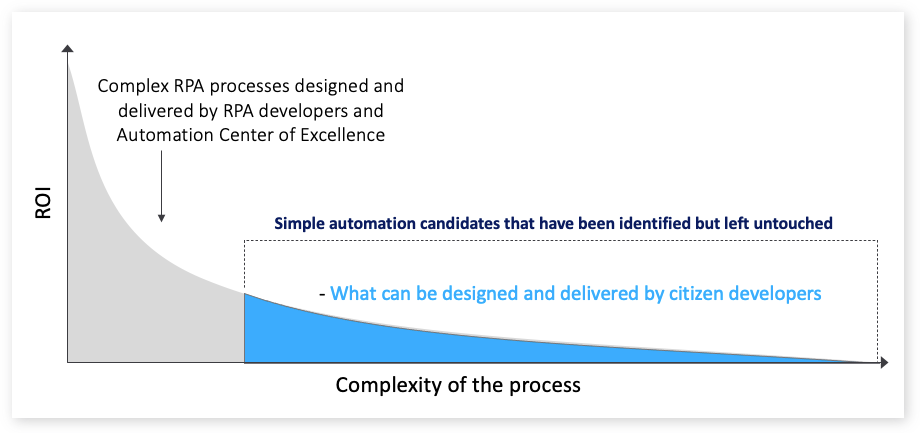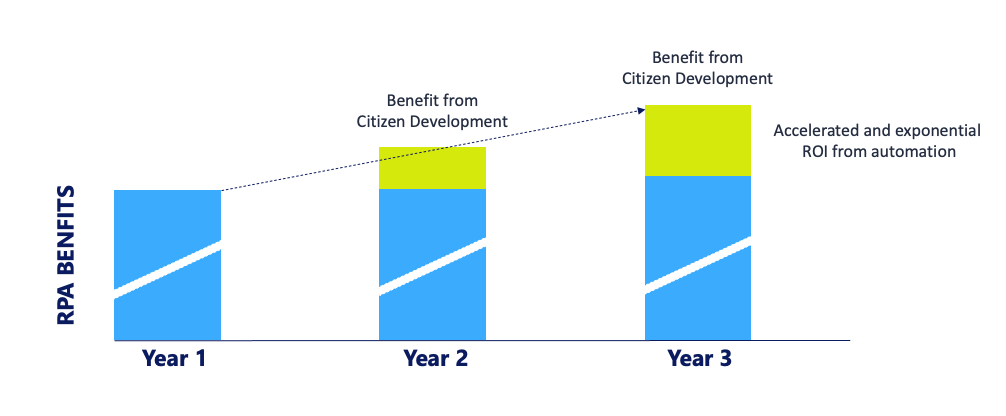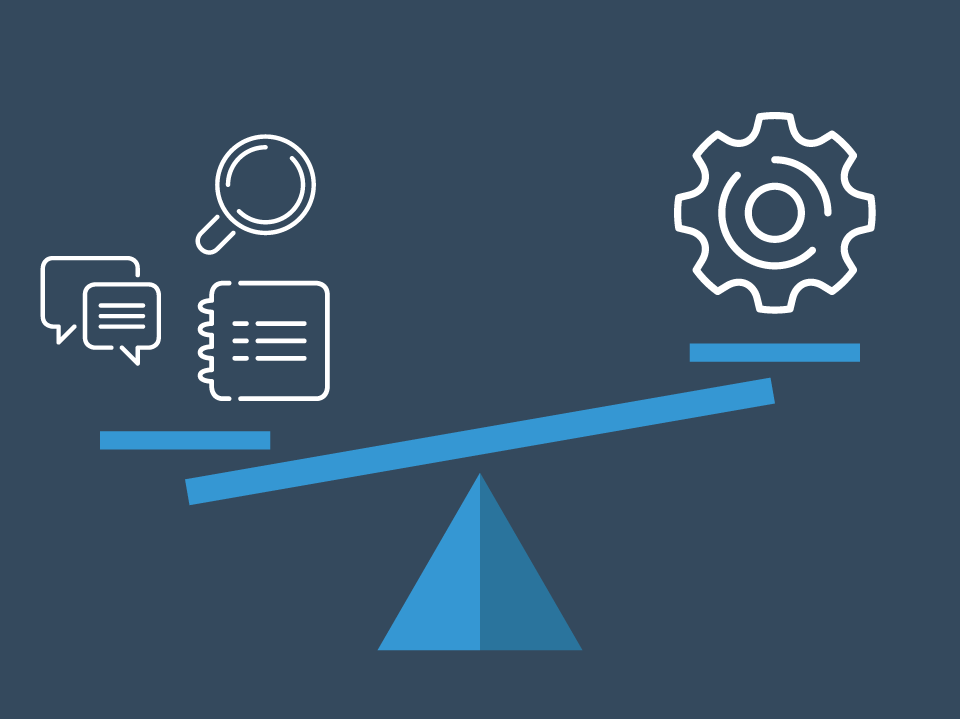3 Ways a Citizen Development Approach to Automation Can Help During a Recession
Reducing costs while delivering optimal business value is challenging in the best of times. During a recession, this overarching business objective becomes a necessity which can make it even more daunting to achieve, but there are measures organizations can take to contribute to these goals.
One of those measures that can help reduce costs while continuing to deliver business value during a recession is going all in with a citizen development approach to automation. Here are three reasons why and what you stand to gain, but first, let’s define what citizen development is for those that haven’t encountered this term.
What is citizen development?
According to Gartner, a citizen developer is, “…an employee who creates application capabilities for consumption by themselves or others, using tools that are not actively forbidden by IT or business units…All citizen developers are business technologists.”
In the context of automation, citizen development is an approach to automation delivery where business users without a rich technical background can design and deliver simple automated processes. Naturally, they require the low-code automation solutions like Microsoft Power Automate – with simplified drag-and-drop canvasses and built-in connectors – that make citizen development for RPA possible. Here are three high-level results organizations that commit to citizen development can achieve.
3 Ways Automation Citizen Developers Can Reduce Costs During a Recession
#1 - Reduce investment in highly skilled technical resources
Building automations in legacy RPA tools is complex work. It demands highly skilled technical resources that can code and deliver automated processes in complex development environments. Not to be overlooked, talent acquisition and retention of skilled technical resources is a challenge in itself. Turnover is high in a competitive marketplace for talented IT professionals and US labor statistics project that by 2030, there will be a global talent shortage that will reach 85.2 million skilled workers.
A citizen development approach to automation reduces the need to acquire and retain highly skilled software engineers. While their oversight and skills are still needed, particularly for testing, monitoring, and the automation of more complex business processes, the long tail of simple rule-based processes can be managed and delivered by the average business user. Not only do citizen developers enable organizations to maximize their investments in automation, they also enable them to reduce the dependence on IT personnel.
#2 - Deliver more automated processes for higher cost savings
IT and the skilled developers with high technical proficiency are needed to automate the complex processes that deliver high returns. The types of processes that are typically tackled first are the swivel-chair workflows found in finance and HR departments. However, there are a host of simple automation candidates that are identified but go untouched.

This long tail of automation opportunities that promise increased return on investment (ROI) is what citizen developers using low-code intelligent automation solutions like Microsoft Power Automate can tackle. Instead of letting them linger in endless cascades of backlogged automation candidates, empowering citizen developers – who in most cases are also the process owners and subject matter experts – both enables scale and exponential returns from your automation practice.
#3 - Increased ROI in the near- to mid-term
The returns from enabling a citizen development approach to automation are easily trackable in the near- to mid-term. As citizen developers tackle the long tail of automation opportunities, the accelerated delivery of automated processes and subsequent gains in efficiency grow exponentially year by year.

A citizen development approach is therefore fruitful not just during an economic recession, but also just as valuable during a period of global growth. However, when there is pressure to reduce costs while the economy is contracting, enabling citizen developers to do their part will yield higher returns on automation investment while delivering more efficiencies where there previously were none.
Share this
Recent Stories

5 RPA Resolutions to Keep for 2024

The Top 7 RPA Trends of 2023




